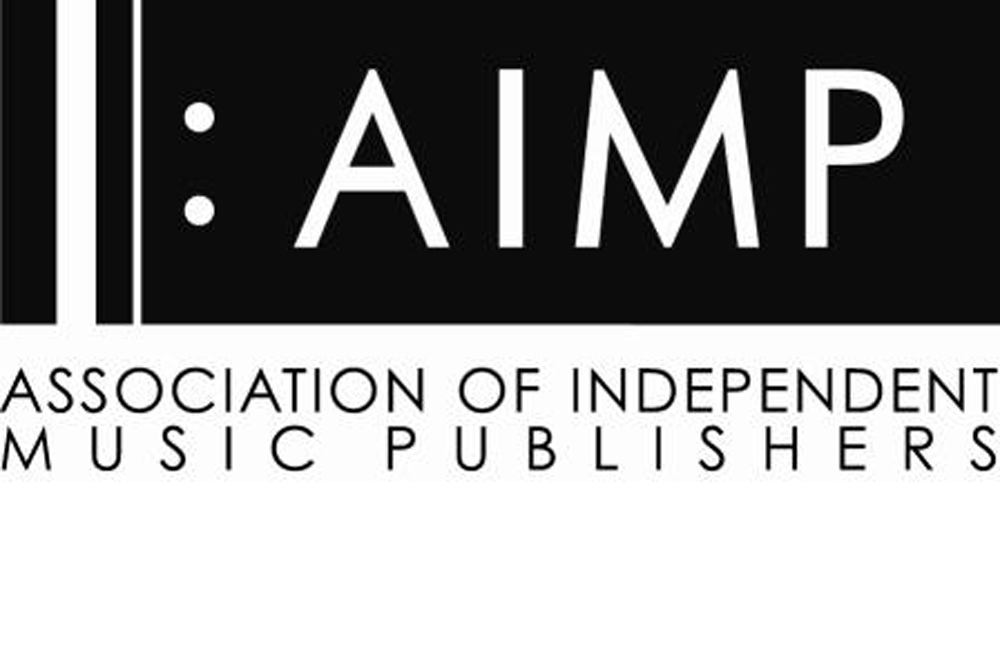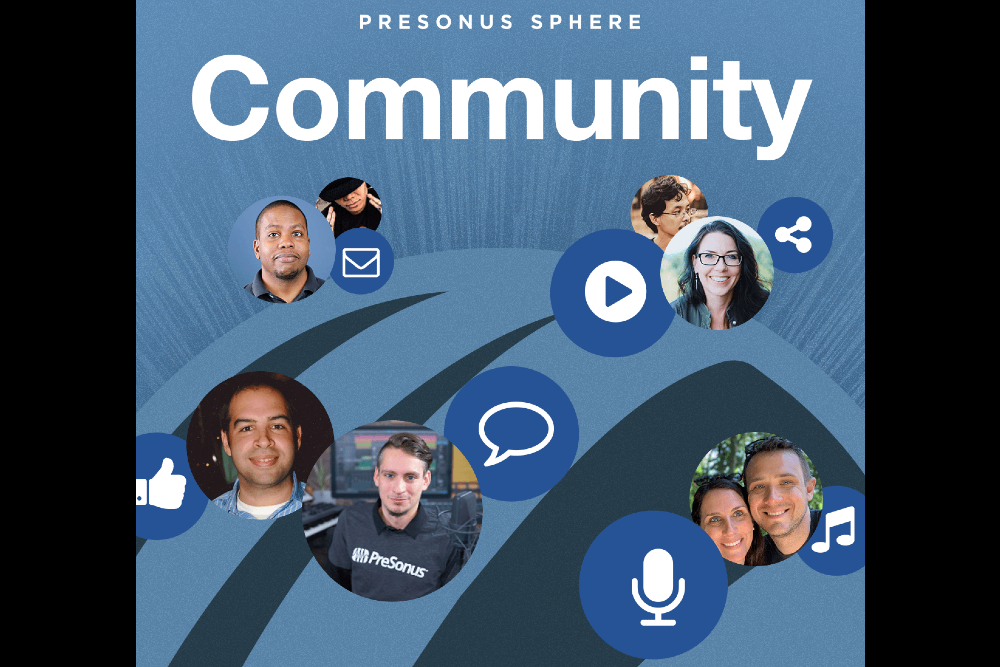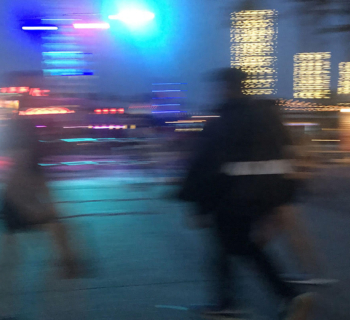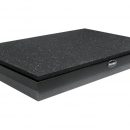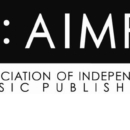Taylor Swift (and other defendants) were sued in 2017 for copyright infringement in Federal District Court in California for allegedly copying lyrics for her 2014 hit song “Shake it Off.” The plaintiffs in the lawsuit (Sean Hall and Nathan Butler) contend that Swift infringed their copyright to “Playas Gon’ Play,” which was a song they wrote and was released in 2001 by the group 3LW. The lyrics to both songs contain the words “playas” and “haters.”
In the 2001 song the wording was “Playas, they gonna play” and “Haters, they gonna hate.” In Swift’s song, the lyrics are “Cause the players gonna play, play, play, play, play and the haters gonna hate, hate, hate, hate, hate.”
In 2018, Judge Michael Fitzgerald dismissed the lawsuit, ruling that the lyrics to the 2001 song were only “short phrases that lack the modicum of originality and creativity required for copyright protection.” The judge mentioned there were 13 earlier songs that had similar phrases, such as “Playa Hater” by the Notorious B.I.G. and “Man U Love to Hate” by Sir Mix-A-Lot.
The judge further stated that the contested lyrics were “too brief, unoriginal, and uncreative” to be entitled to copyright protection... In the early 2000’s, popular culture was adequately suffused with the concepts of players and haters to render the phrases ‘playas…gonna play’ or ’haters gonna hate’ standing on their own, no more creative than ‘runners gonna run,’ ‘drummers gonna drum’ or ‘swimmers gonna swim.’”
The plaintiffs appealed the judge’s ruling dismissing the case and a Federal Appeals Court reversed the lower court’s dismissal. The case was ultimately sent back to the lower court.
Swift then requested that the District Court grant her a summary judgment, which would mean a ruling that there was no copyright infringement as a matter of law and no need for a trial. The judge ruled that “Even though there are some noticeable differences between the works, there are also significant similarities in word usage and sequence/structure… Although Defendants’ experts strongly refute the implication that there are substantial similarities, the Court is not inclined to overly credit their opinions here.”
On December 9, 2021 Judge Fitzgerald of the District Court denied the motion for summary judgment allowing the case to proceed. A lawyer for Hall and Butler, Marina Boorad, stated: “Our clients are extremely satisfied with this decision, especially because it reinforces the notion that their unique self-expression based on the deeply-rooted cultural heritage cannot be simply snatched away with proper attribution.”
Summary judgment motions are not granted unless a court rules that there are no issues of fact and the moving party is entitled to judgment as a matter of law, without the necessity of a trial. Many copyright infringement cases end up settling, as labels and publishers do not want a bad precedent to be established if they lose. In this circumstance (if it does not settle), it appears it will be up to a jury to decide the issues.
A jury trial has been set for August of 2022.


